Xbox Head Phil Spencer Says Xbox Is “Not a Free Speech Platform,” Proposes Cross-Console Bans To Combat Toxicity

Declaring that the console and its online services were “not a free speech platform,” Xbox head Phil Spencer has revealed his wish for an industry-wide mechanism where players banned from one video game service automatically receive the same treatment across all others.
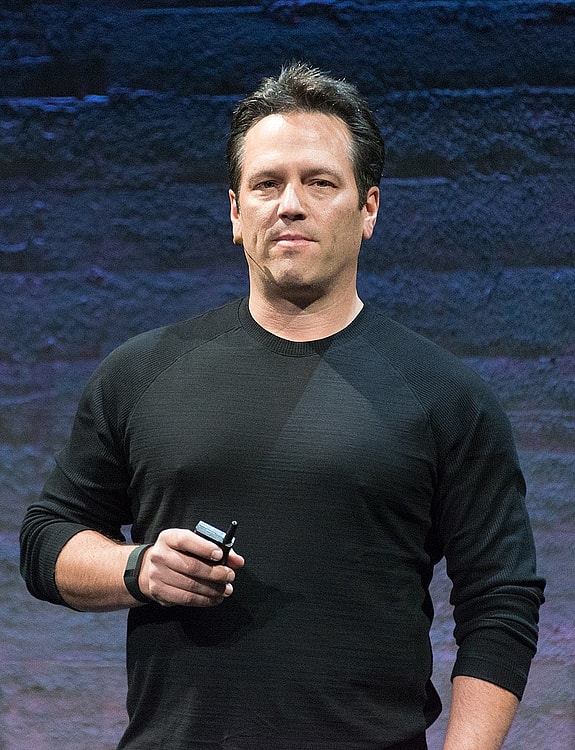
Spencer spoke to his vision for the future of video gaming during a recent interview with the New York Times‘ Kara Swisher in which he largely discussed how the burgeoning metaverse VR landscape could learn from how games like Halo and Fortnite have already created their own virtual worlds, as well as what lessons the industry learned from Gamergate.

Asked about what steps Xbox was taking to combat online harassment, Spencer told Swisher that in addition to improving their various reporting tools, the company was currently working on an AI that “can monitor the sentiment of a conversation [and] does a good job of kind of highlighting when a conversation is getting to a destructive point”, to which the reporter pushed for his opinion on similar steps being taken by other gaming companies such as Discord.
“Areas where I think we need to continue to make progress, when I think about video and pictures and our ability to detect what’s happening in a video conversation — we don’t have as much of that that happens on Xbox Live because it’s not what it’s about,” he asserted. “But just as I think as an industry, voice conversations and how do we monitor quickly, that’s an investment that we have a lot of work going on right now.”

Speculating on possible solutions, Spencer then stated, “Something I would love us to be able to do – this is a hard one as an industry – is when somebody gets banned in one of our networks, is there a way for us to ban them across other networks?”
“Or at least as a player, for me to be able to bring my banned user list, because I can always block people from my play,” he explained. “And I’d love to be able to bring them to other networks where I play. So this is the group of people that I choose not to play with. Because I don’t want to have to recreate that in every platform that I play video games on.”
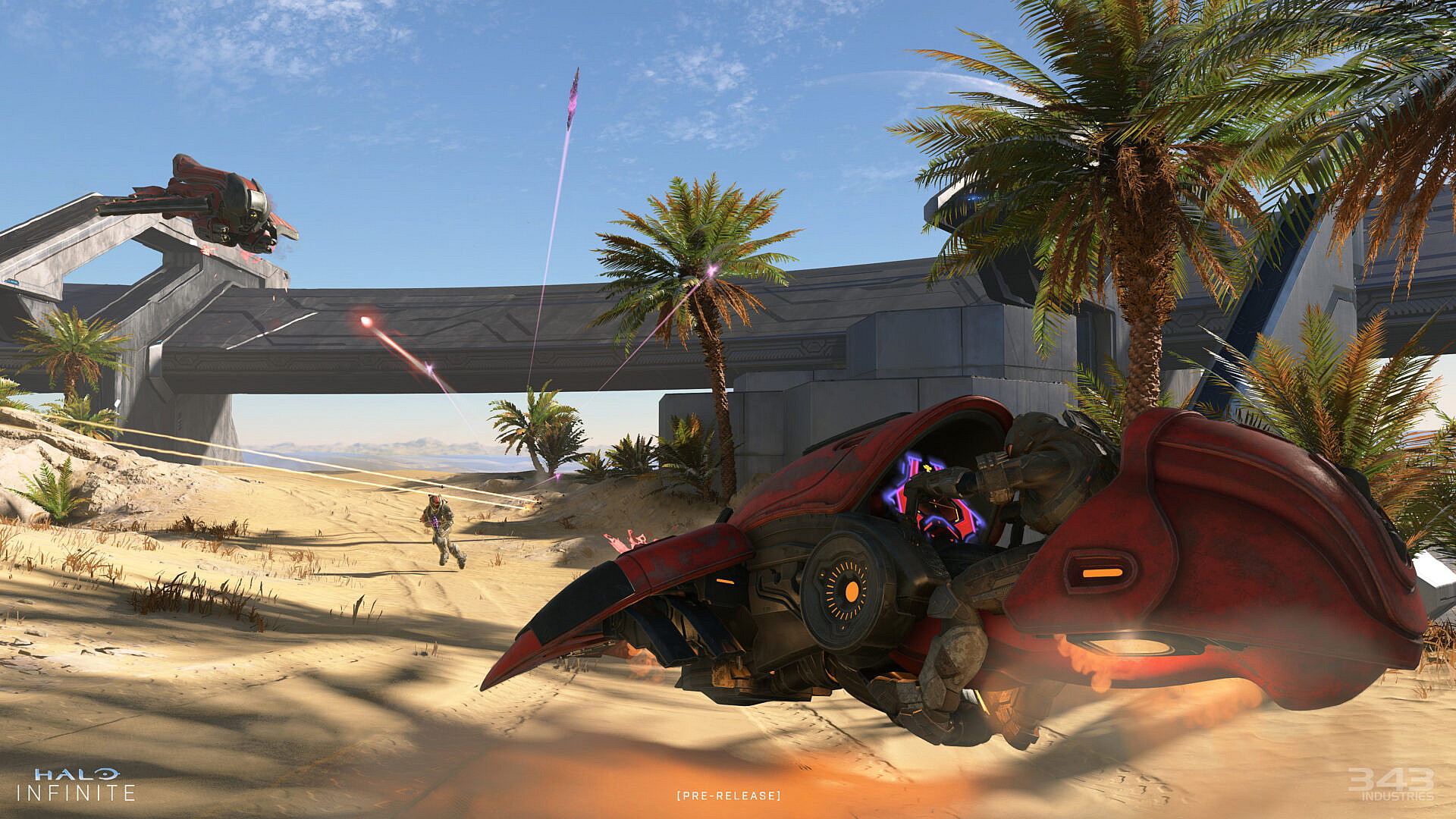
RELATED: Another Japanese Apex Legends Player Banned for Using “Nigero” – Japanese for “Run”
Spencer did not specify how such a method could be implemented.
Hypothetically, each platform holder would either need to moderate and review every single ban in order to see if a global ban would be applicable – as would likely be the case with something like Apex Legends, which has yet again banned Japanese players for saying the Japanese word for run, “nigero-“, based on its resemblance to the similar sounding American racial epithet – or the entire industry would need to adopt a global standard of actionable offenses.
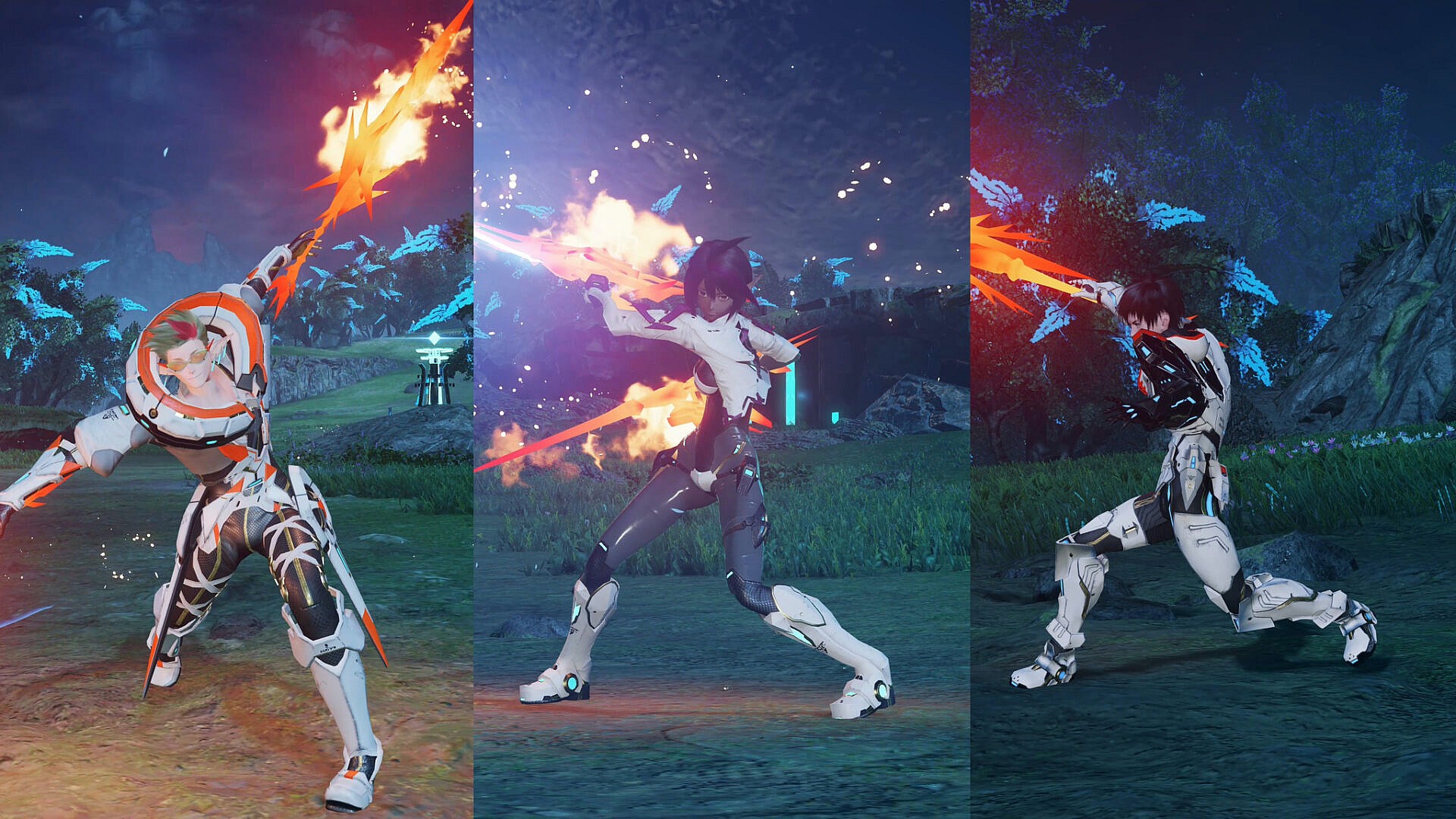
However, historically, such attempts at individual report reviewing have resulted in confusing examples being set.
In an example from 2019, LGBT-welcoming World of Warcraft guild “GAY BOYS” was forced to change their name, as moderators told them they had been reported by other players for their guild name being offensive. Eventually, it came to widespread attention that some reports were made by those hateful toward homosexuals, the guild name was later reinstated.
Similarly, guild “Make Azeroth Great Again” was forced to change their name after facing their own storm of reports. However, though player Cogblast explained that the name was meant to be “tongue-in-cheek,” moderators upheld their demand for a name change on the basis that other players had reported it as inappropriate.
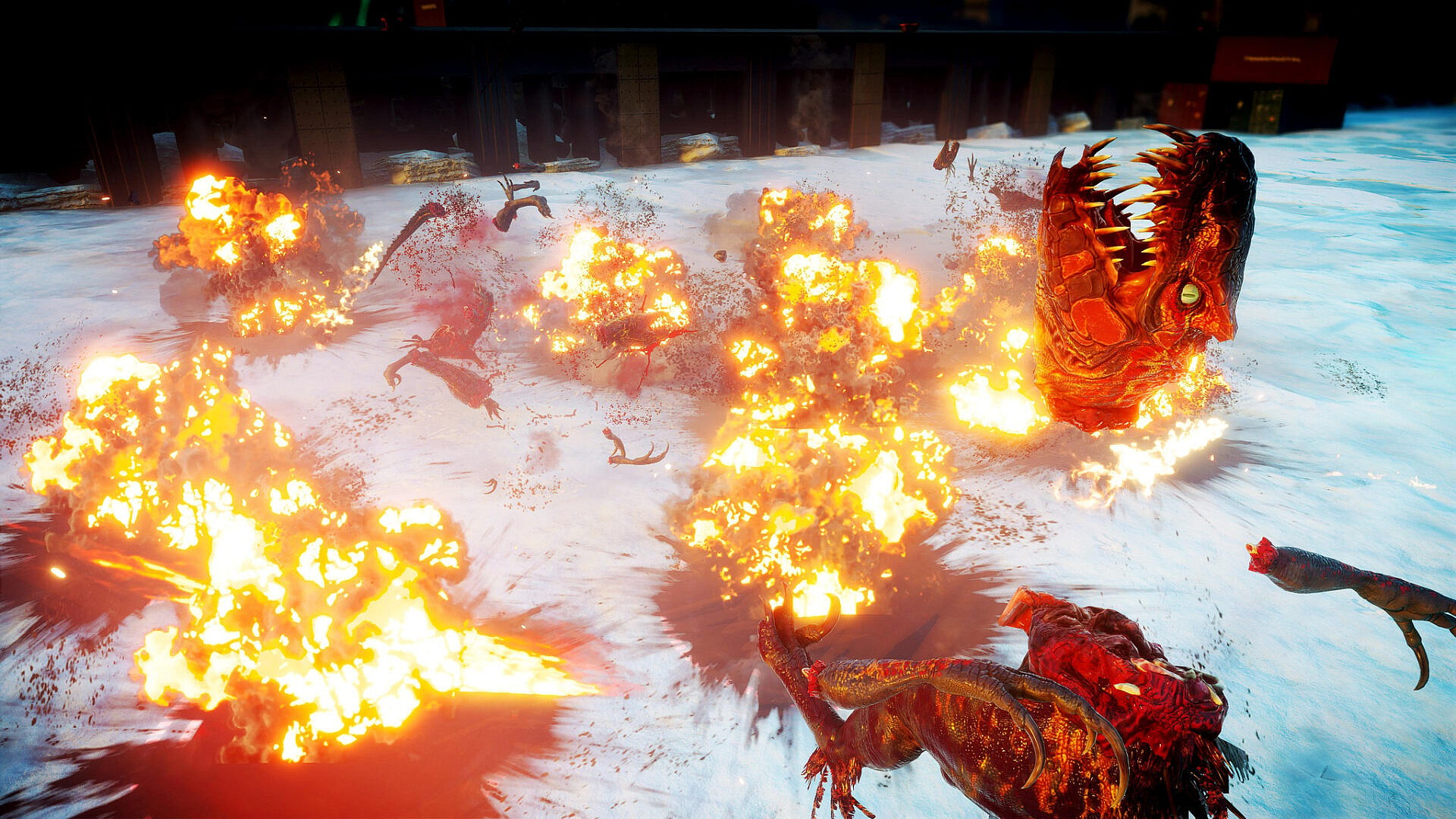
Nonetheless, Twitch unveiled a similar proposal in April last year, announcing that they would begin banning users for off-site and offline policy violations.
Twitch assured such actions would only be taken against “some serious cases” of hateful conduct or harassment against members of the Twitch community, “credible threats of mass violence,” inappropriate or illegal sexual acts, and “violent extremism” with “verifiable evidence.”

Further, Spencer asserted that Xbox was “not a free speech platform,” but rather, “We’re a platform around interactive entertainment and video games.”
“And we’re not there to allow all kinds of social discourse to happen on our platform.,” he contended. “That’s not why we exist.”
He continued, “We’re not a place — it’s very difficult to come to Xbox Live and say, Okay, I want to go create a political party on the platform. You could kind of twist the tools and try to get there, but it’s just not set up for general-purpose conversations or community. It’s really set up for community around interactive entertainment and the games that run on our platform. And that’s the way we invest. And I’m not judging what other networks do. It’s just not what our network is about.”
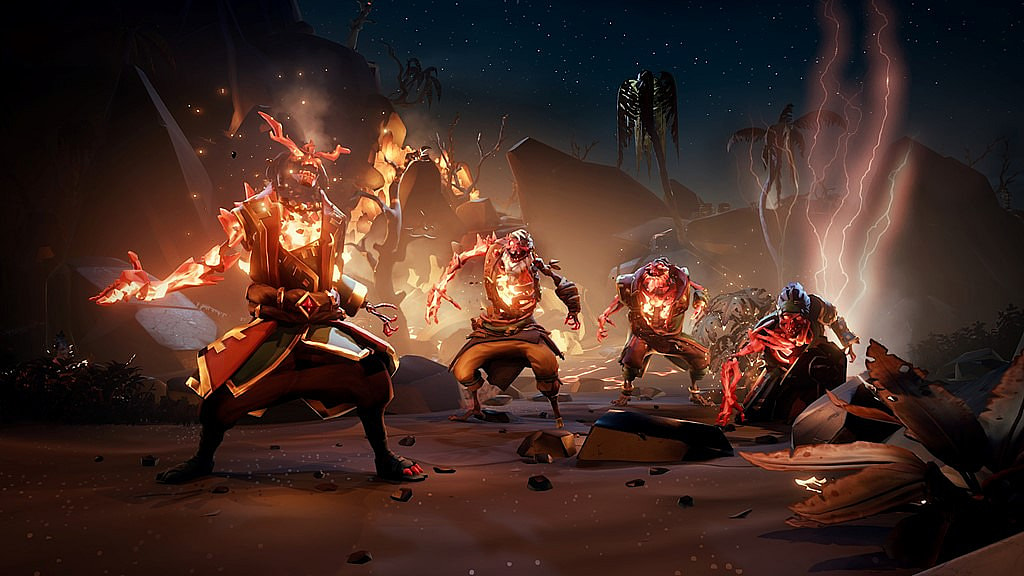
RELATED: Forza Horizon 5 Player Reportedly Banned Until Year 9999 For Kim Jong-un And KFC Car Livery
Swisher then asked Spencer for his opinion on “Who do you think is doing a better job on content moderation, the gaming industry or social media companies,” drawing a light-hearted response of, “I think we all have a long way to go. You could tell me that’s a lame answer. That’s all right.”
According to the Xbox head, “the transparency of our business model” was the gaming industry’s advantage over social media in this arena, as “If you like what you’re doing, you’re going to buy a disk or buy a game or buy an item in a game. And that means that my business thrives when people are happy and they’re playing on our platform and they’re investing in the content that’s there.”
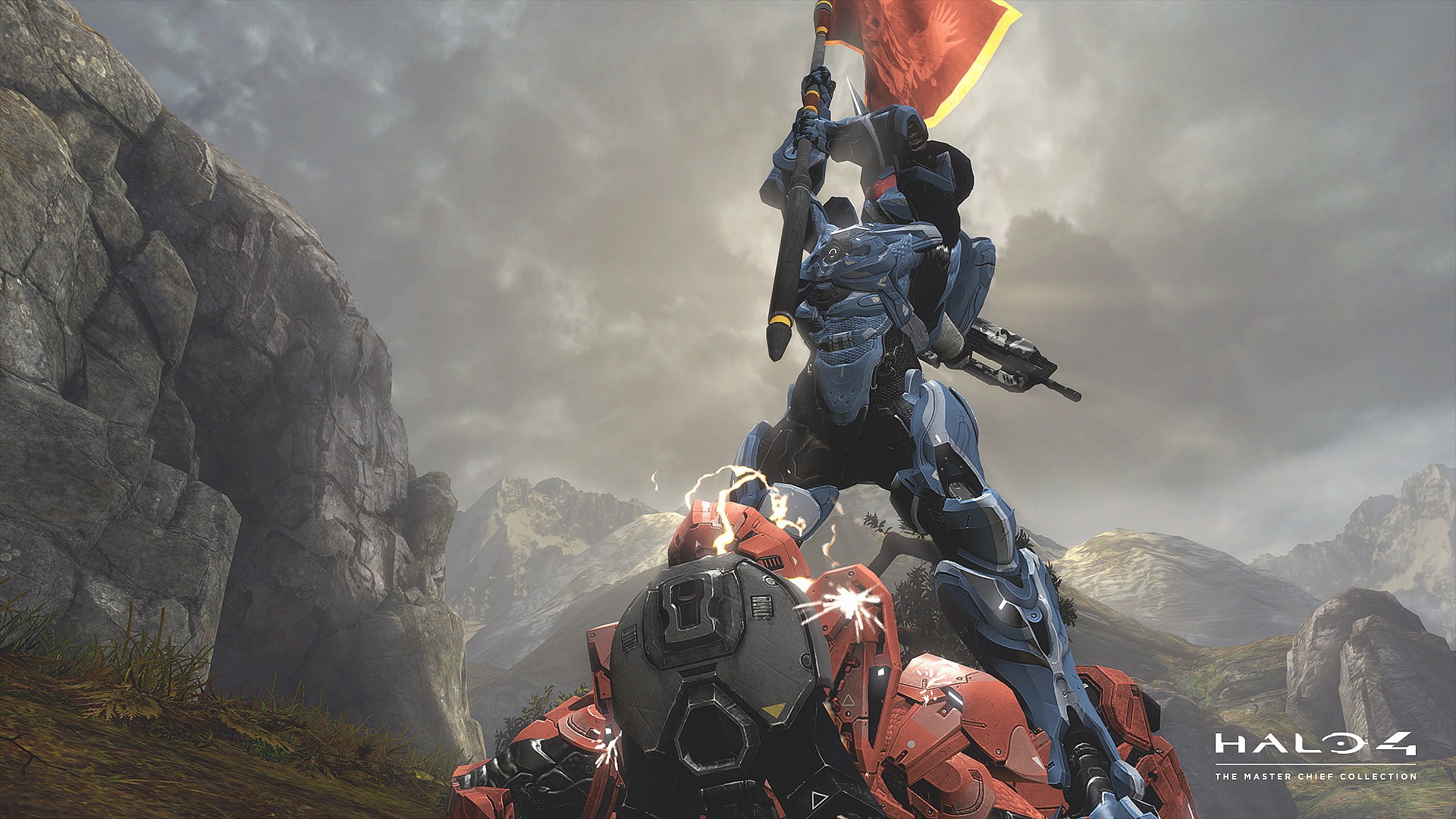
“Some of the most tumultuous topics that they can put out there are the things that drive the most clicks,” he said of social media sites such as Facebook and Twitter. “And those clicks are the things that actually drive the monetization.”
Spencer continued, “We don’t get paid on Xbox by how many times you click on something. I get paid by how many times your kids like playing Minecraft. And I do think that transparency in the gaming space means that we have to be very, very consistent with our customers. Because we almost more have a subscription relationship with our customer, that if you logged into Minecraft tomorrow and had a bad experience, you might never come back.

Preventing abusive player bases has been a long time watchword for many publishers and developers, with companies such as Riot Games attempting to fix its League of Legends reputation with improved reporting and muting since 2020, and EA’s “commitment to Positive Play” in October 2021.
In 2014, Twitch parent company Amazon patented a matchmaking system intended to isolate toxic players into their own pool, forcing them to play with one another separate from the general player pool. However, as of writing, this has not yet been implemented in any fashion.
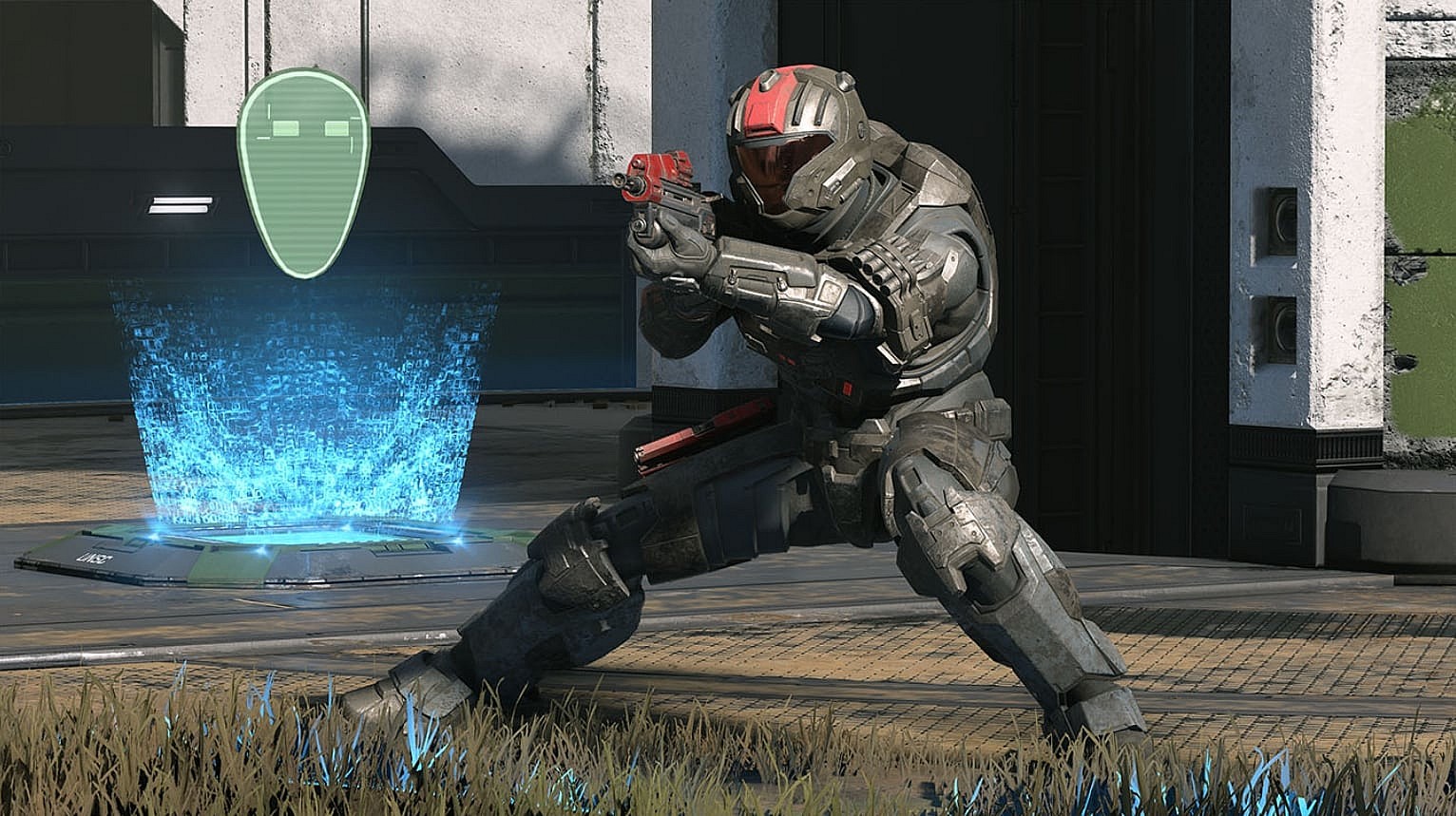
What do you make of Spencer’s ideas? Do you think they could ever be implemented successuflly, or are they too inherently prone to failure or abuse? Let us know your thoughts on social media and in the comments below!
